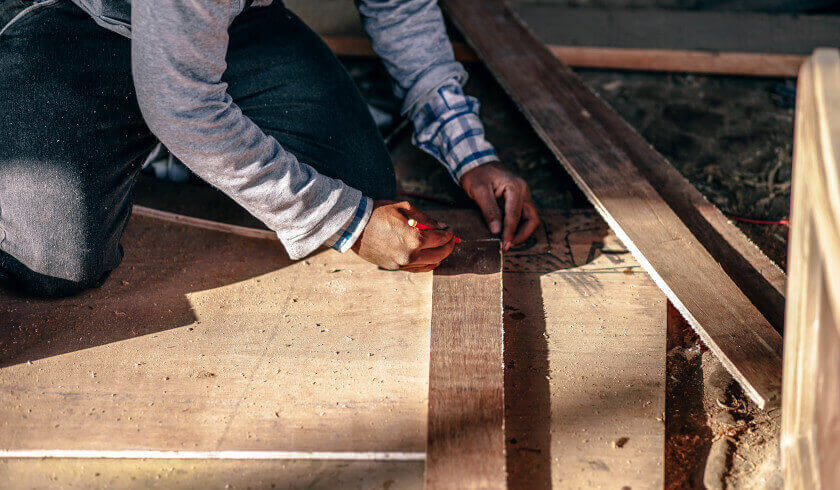Investment tip: Should you do a renovation by yourself?
As renovation stands as one of the most expensive — albeit truly effective — ways to improve the value of a property, some investors opt to do renovations independently to save money. Will this strategy work for every homeowner?

The accessibility of information via the internet nowadays has helped investors be more hands-on in terms of upkeep and improvements on their properties.
In fact, a good number of investors have dipped their toes in independent renovations or “sweat equity”, mostly to save on capital.
However, while simple tasks like repainting might be harmless to do independently, biting off too many big tasks may result to greater expenses over the long term, according to renovation expert Naomi Findlay.
“If you’re not a professional tradie, I think it’s absolutely essential that you don’t bite off too many big tasks that you’re not qualified at. There’s nothing worse,” she said.
“There’s a very famous TV couple that renovate and have holiday homes all around the country, and a good friend of mine stayed in one of them the other day. When they turned on the shower, the bathroom flooded. That was already done by very famous renovating people.”
At the end of the day, a failed attempt at renovation may end up costing a lot more money than what was initially saved for foregoing professional services, she said.
“So, for me, there’s a massive risk in some of the jobs. You really should not tackle them if you are not qualified. Then, there’s obviously the legal ones that you shouldn’t handle, too,” Ms Findlay highlighted.
Sweat equity
For those keen to delve into sweat equity, the renovation expert strongly encouraged a good reassessment of investment goals.
As in all investment strategies, renovations must always result in a significant return on investment.
Ms Findlay explained: “People will say to me, ‘How much profit should I aim for out of each property?’ and I’m like, ‘Well, if you’re going to be in it full time for six months, you’re going to be wanting a minimum of what your equivalent wage would be, plus a beautiful profit on top of that.’”
“‘But if you’re looking to do six a year working in your job and you just do a pile of text messages and visit site once a week, you might be happy to walk away with $20,000. If you do six a year, it’s $120,000. You’re still earning your other income.’”
Overall, renovators must not only consider the cost of materials but also the cost of time and labour in line with their desired profit.
She said: “It’s a given that, if you are good at what you do, then obviously, the more sweat equity you put in, the more cash that usually comes out at the end. But there’s also the factor of ‘What’s the opportunity cost of that time’?”
At the end of the day, there’s no right or wrong way to do a renovation, according to Ms Findlay. As in all investment strategies, it’s only a matter of maximising profit without overcapitalising.
She said: “One of the things that I love so much about renovating is it’s your journey. It’s your picture....Since 2001, my portfolio has done all different sorts of things depending on my situation — Was I looking to have another child? Was I still in a full-time job? Was I on tour? Was I filming?”
“One of the true gifts of it all is that I have the opportunity at any point to pivot and go, ‘I'm actually going to get sweaty on this one because I have the time and I have the capacity.’ On the other hand, I can run the entire job via text. That’s part of the beauty of it — you can bend and flex, as long as the numbers stack up.”
Tune in to Naomi Findlay’s episode on The Smart Property Investment Show to find out how property investors can maximise wealth creation opportunities through renovations.

